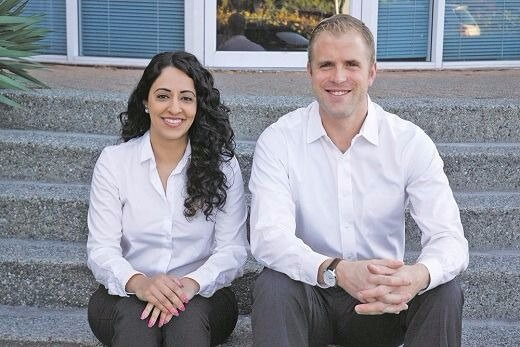General Instructions Following Oral Surgery
Surgery of the mouth, like surgery in other parts of the body, requires careful attention to post-operative care in order to minimize discomfort and possible complications. Here are some important directions to assist your recovery.
Diet
- Good nutrition is essential to healing, so be sure to eat well-balanced meals during the course of treatment.
- It is also important to drink plenty of fluids during this time.
- Avoid use of a drinking straw for the first two days after surgery.
- Soft, cool foods and liquids will be easier to eat. Avoid hot fluids.
- Return to a normal diet as tolerated unless otherwise directed.
Exercise
- Avoid strenuous physical activity during your immediate recovery period, usually 4-5 days.
- It is advisable not to work out for one week following surgery.
- Try to avoid sudden movement and bending.
Oral Hygiene
- Wound cleanliness is essential to good healing, do not touch the surgical site for any reason other than to cleanse the area.
- Brush your teeth normally on the first five days following surgery, but avoid any contact with the wound whatsoever.
- If chlorhexidine mouthrinse has been provided, gently rinse 20 mL (1 small capful) for 60 seconds twice per day for 2 weeks, at least 30 minutes after brushing.
- If you have not been provided with chlorhexidine, rinse your mouth with warm salt water (1 teaspoon of salt in a small glass of warm water) at least 24 hours after surgery and continue to rinse after eating for 10 days.
- Avoid antiseptic mouthwash for 1 week.
Bleeding
- Some oozing is normal for 24-48 hours. Excessive bleeding can frequently be controlled by biting with pressure on damp
sterile gauze directly on the bleeding site. You may also use a damp black tea bag. - Change gauze every 30 minutes as needed until bleeding subsides. If bleeding starts again, these above measures often
control it. - Keep head elevated, minimize activity, and avoid spitting. Do not touch or brush the wound in the first 48 hours.
Swelling
- Some swelling may occur several hours after surgery, reaching a maximum within 3 days.
- Apply an ice pack on cheeks as much as tolerated for the 1st 48 hours – 15 minutes on and 15 minutes off at a time. After the second day, warm packs applied to the cheeks may help to diminish swelling and stiffness.
Pain & Medication
- Before the anesthetic diminishes and the sensation starts to return, begin to take the prescribed or over-the-counter pain
medication as directed. - Experience in pain is extremely variable take prescribed pain medication as needed.
- Do not exceed 2400 mg ibuprofen (Advil) [e.g. 200-400 mg every 4-6 hours as needed] & 4000 mg acetaminophen (Tylenol) per day [e.g. 325-650 mg every 4-6 hours as needed] – ibuprofen & acetaminophen may be alternated throughout the day.
- Taking your pain medication with food may help to prevent nausea.
- If an antibiotic is prescribed, finish the prescribed medication. Note: antibiotics decrease the effectiveness of the birth
control pill; therefore, it is recommended that another form of birth control be utilized at this time. - Do not drive or operate machinery if taking Tylenol #3 or a sedative such as halcion (triazolam) can cause drowsiness.
Miscellaneous
- Difficulty in opening and closing the mouth, bruising, and difficulty swallowing are conditions that sometimes occur. These are normal post-operative conditions, and will resolve in time.
- Avoid air travel for 4-5 days following surgery, pressure changes experienced during flying may cause bleeding &
discomfort. - Avoid smoking for 1 week to prevent complications in healing, such as dry socket or loss of bone graft material.
- The trend should be towards improvement beyond the third day. If after the third day, there is obvious worsening of the
symptoms, please call the office.
If you have any questions or concern, please contact us or call Dr. Nick Seddon at 604-922-0144 or 778-840-0792.

